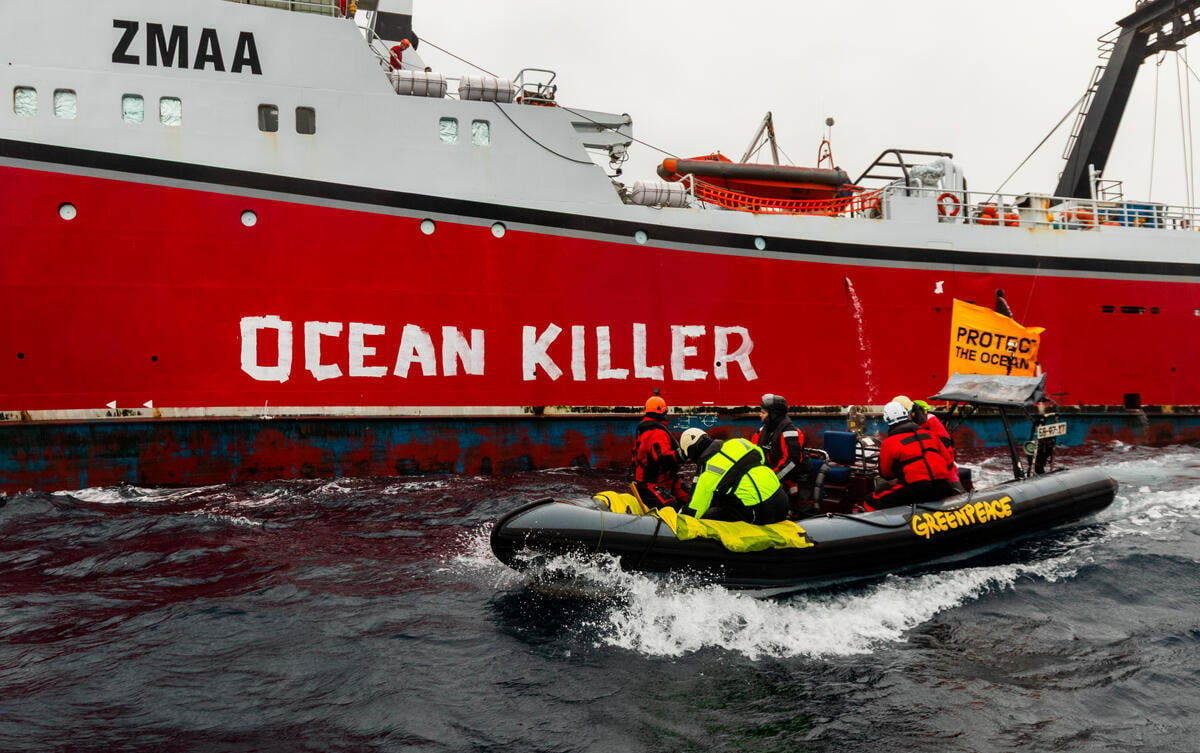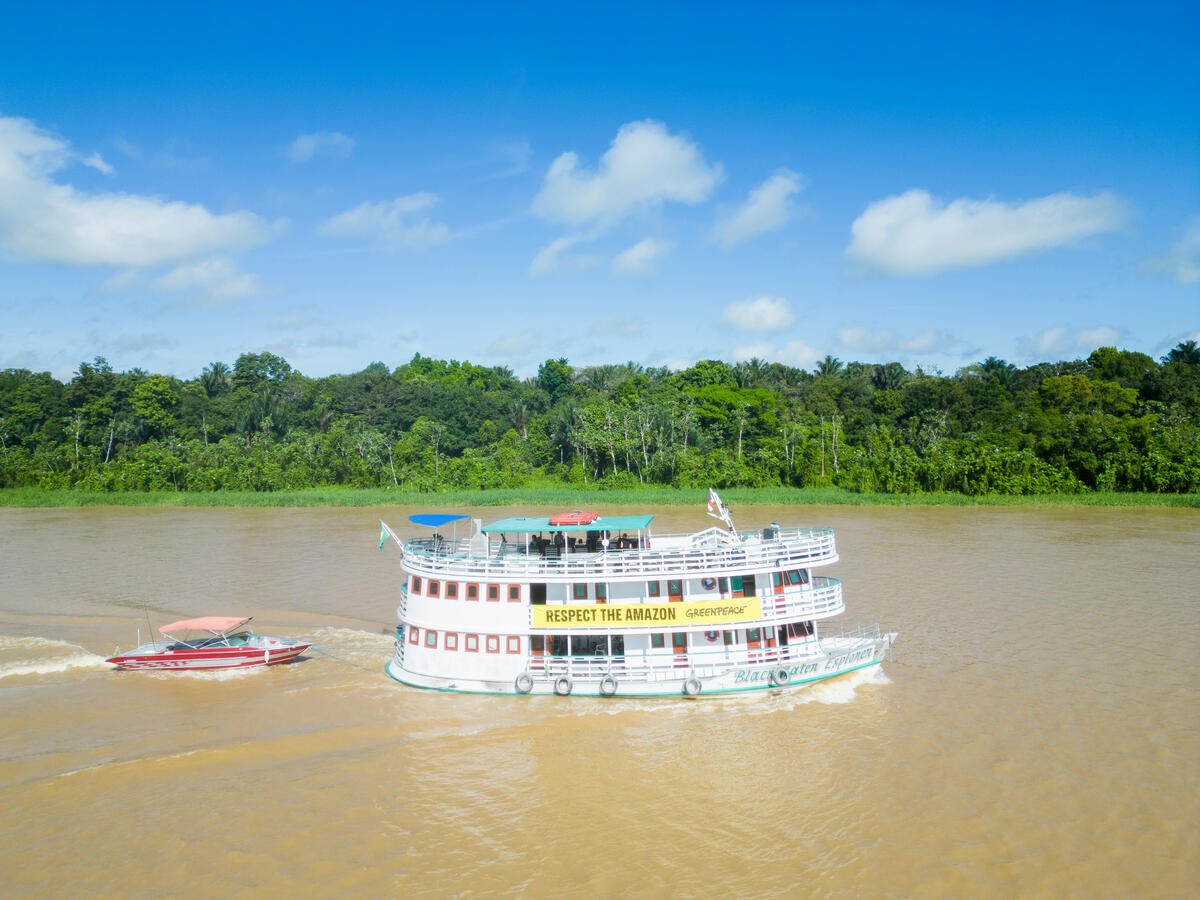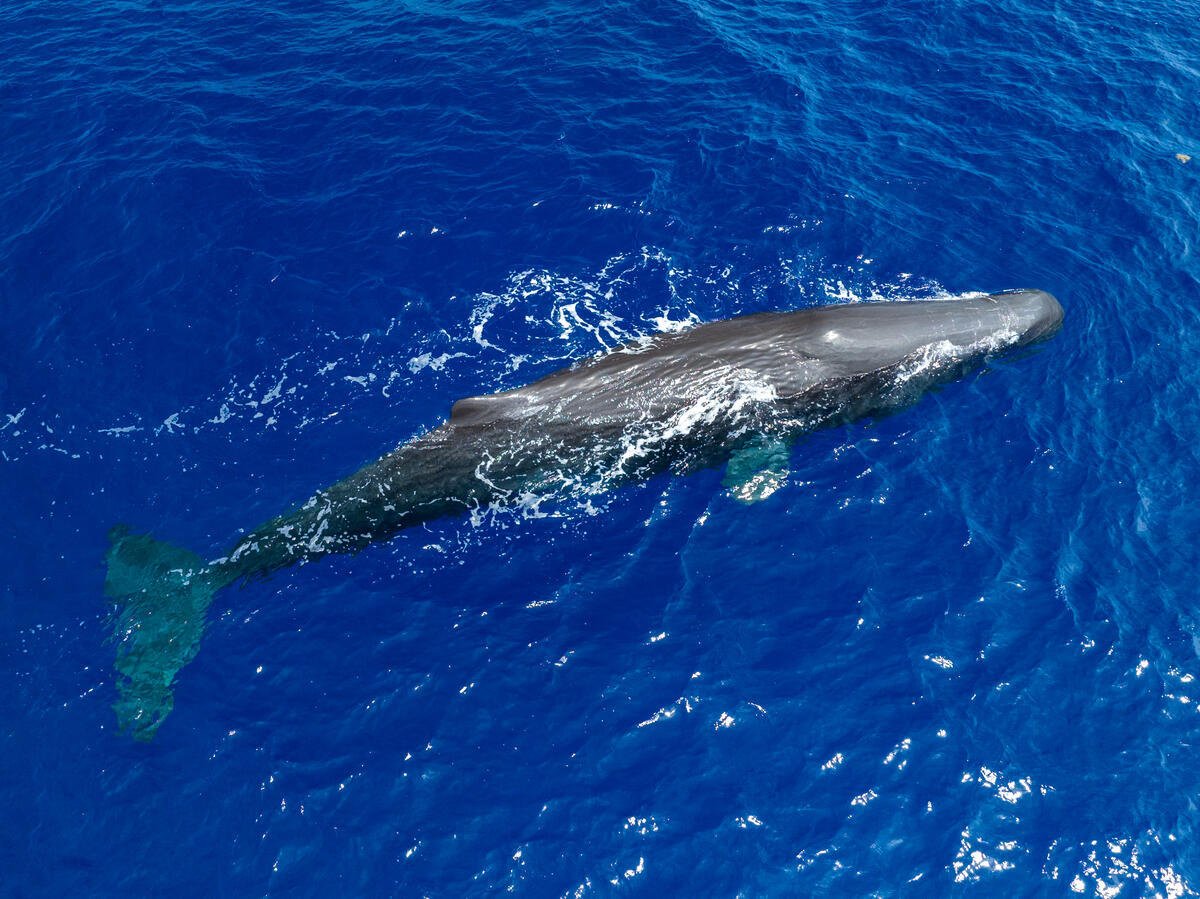Remember that feeling at school of waiting to get your exam results? The nervous knot in your stomach, the sweaty palms…
Last week, all governments found out how they scored against the targets they set themselves a decade ago to protect nature.
It was pretty bad.
Governments didn’t reach any of the targets in full to slow biodiversity loss, and as a result nature is at breaking point. It’s the kind of news you’d dread going home to tell your parents about – let alone having the global media report on your failure.
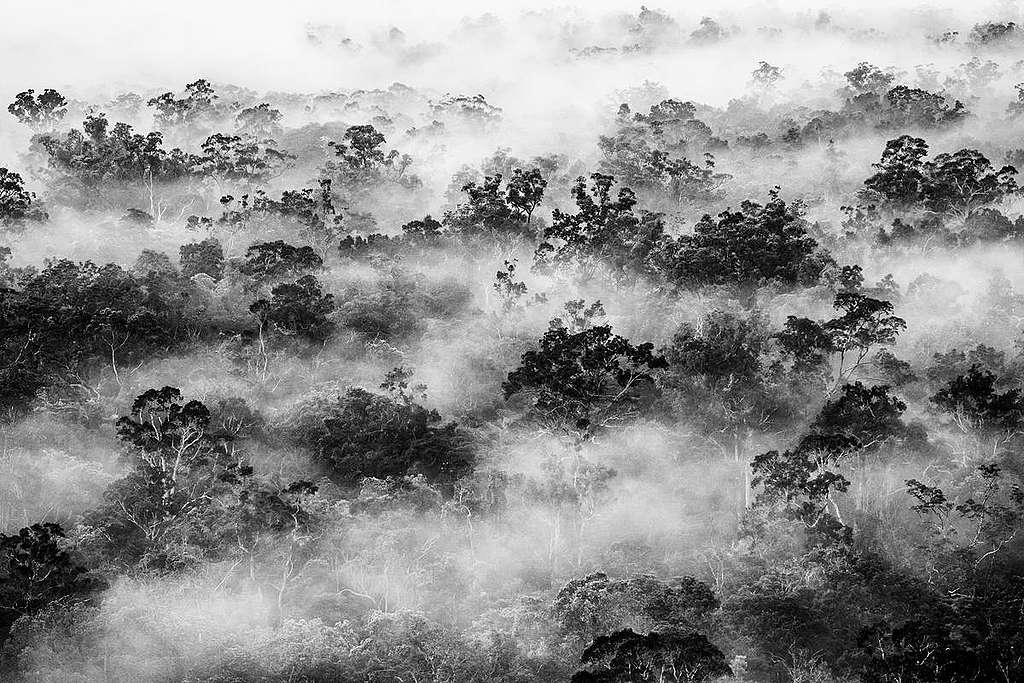
So what happens next?
Politicians might be tempted to sulk (like some of us may have done at school), blaming the test for being too hard or muttering that we shouldn’t aim so high, that we should lower our expectations for what’s achievable.
But just because something is hard, it doesn’t mean it’s impossible. As the schoolkids who are mobilising to fight for their future right now know, we can’t let governments give up on tackling the ecological crisis.
This is our planet’s life support system we’re talking about: healthy forests and oceans help us to fight against climate breakdown, provide us with clean air to breathe, and can act as a shield against new diseases causing more pandemics. When we protect nature, we protect ourselves.
Instead of losing hope, we need to understand why governments failed – and organise to do things differently, fast.

What went wrong?
One of the problems is clear. Destructive industries are piling more pressures on our planet’s life support system than at any point in human history. Not only have mega corporations based their business model on burning planet-wrecking fossil fuels, setting forests on fire to clear land to grow commodities, and plundering ever deeper and more remote reaches of the oceans, they’re also polluting our politics to weaken environmental protection. As a result, just 15% of the world’s forests remain intact, and only 3% of the world’s oceans are free from human pressures.
Continuing to waste money on industries that aren’t good for us – like industrial agriculture or the fossil fuel industry – is also making the situation worse. Bailing out pesticide giants with public money and the richest countries pumping billions into dirty energy this year are just the tip of the iceberg.
But also, global progress doesn’t happen by magic – it’s the result of hard work at home. Just like spending no time studying but hoping by some miracle that you’d ace the test, after agreeing these global goals back in 2010 barely any governments translated these global targets into national laws and policies. This meant that individual governments didn’t own their responsibility to act in order to make progress collectively.

Knowing this, what lessons can we learn to do things differently?
To make up for lost time, we must rapidly shift away from business-as-usual. Past failures don’t mean things can’t ever get better – but they do mean we must act more urgently and boldly to create a different future.
To end nature destruction, governments must stop putting corporate profits over the well-being of people. Radically transforming the way we produce and consume food and other goods will ease pressure on nature. Creating vast ocean sanctuaries and rights-based protections on land can help tackle climate breakdown, species loss, food security and the risk of future pandemics.
As governments prepare to pump billions into recovery packages, this is the time to fight for a green and just recovery. Putting the health of people and nature at the heart of spending and policy decisions will mean we build back better and can stand stronger against the multiple crises that are making injustices and inequalities worse.
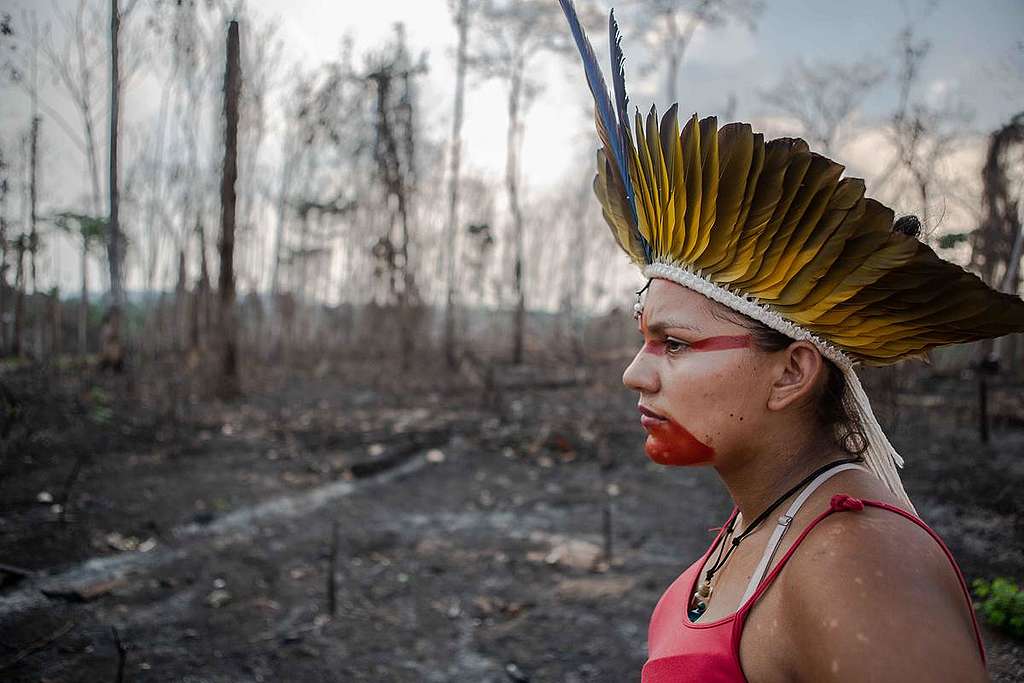
Next year, governments will be collectively agreeing next steps for global nature protection. Repeating the same mistakes won’t help us win – but that doesn’t mean giving up. We know the next ten years are crucial for climate action. So that means: governments need a smarter plan.
Buoyed by the surging public support for climate action and nature protection, governments need to agree not just the vision of what they’re aiming for, but how they’re going to do it. Governments need to bring new targets home with the funding needed to make them happen, putting in place clear plans that can be held accountable by the millions of people rising up to demand action to protect our environment and our future.
Last week’s report on the state of nature was more of a report card on the state of politics to protect the environment. Let’s cut out the bad influence of polluting industries. Let’s stop governments getting away with leaving global progress to chance. As governments gear up to reboot the global economy, we can reset our relationship with nature – and ensure that every decision, from our local community up to the global stage, builds a green and just recovery.


